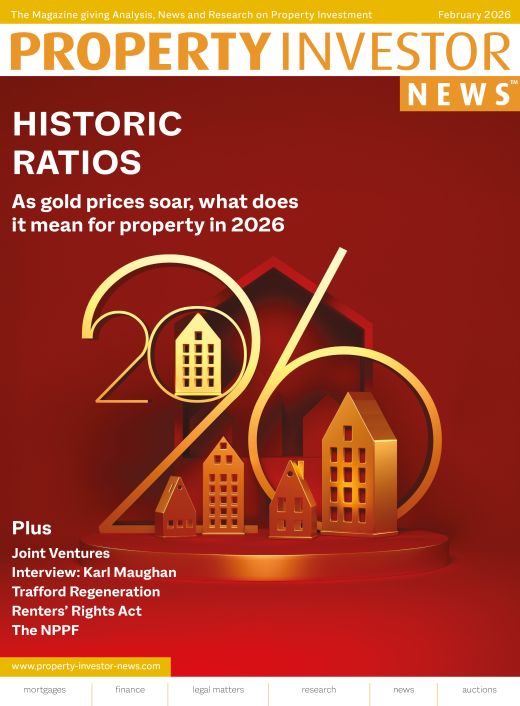I’ve often said that getting a property to qualify as a furnished holiday let (‘FHL’) is the property tax equivalent of winning the lottery. FHLs enjoy the best of all worlds. They are treated like a trade for the purpose of many key tax reliefs; yet profits are still classed as property income. They qualify as private residential accommodation, yet still get many of the advantages reserved for commercial property.
Tax Advantages
One of the biggest advantages of FHLs is the fact that interest and finance costs remain fully deductible in computing taxable profits. The diabolical ‘Section 24’ restrictions, which have been reducing relief for interest costs claimed by residential landlords over the last few years, do not apply.
As far as Capital Gains Tax (‘CGT’) is concerned, FHLs enjoy many advantages. The sale of a FHL business qualifies for entrepreneurs’ relief, reducing the CGT rate payable by a higher rate taxpayer from 28% to 10%. Each individual can claim entrepreneurs’ relief on cumulative lifetime gains of up to £10m, giving rise to potential savings of up to £1.8m per person.
The property owner must run the qualifying FHL business for at least two years to qualify for entrepreneurs’ relief. Furthermore, the relief is available on the sale of the business, or a part of the business capable of running as a going concern in its own right, rather than on a sale of individual properties. It is more difficult for a property to qualify as a ‘going concern in its own right’ than you might think, so anyone with two or more FHLs should take professional advice to ensure the relief is available when selling individual properties, or only part of their portfolio.
Alternatively, where the business ceases to qualify as a FHL business (after at least two years), the properties used in the business can be sold at any time within the next three years and qualify for entrepreneurs’ relief.
Qualifying FHLs are also eligible for rollover relief – meaning gains arising on a sale can be ‘rolled over’ against the cost of replacement properties bought within the following three years (or up to a year before the relevant sale).















